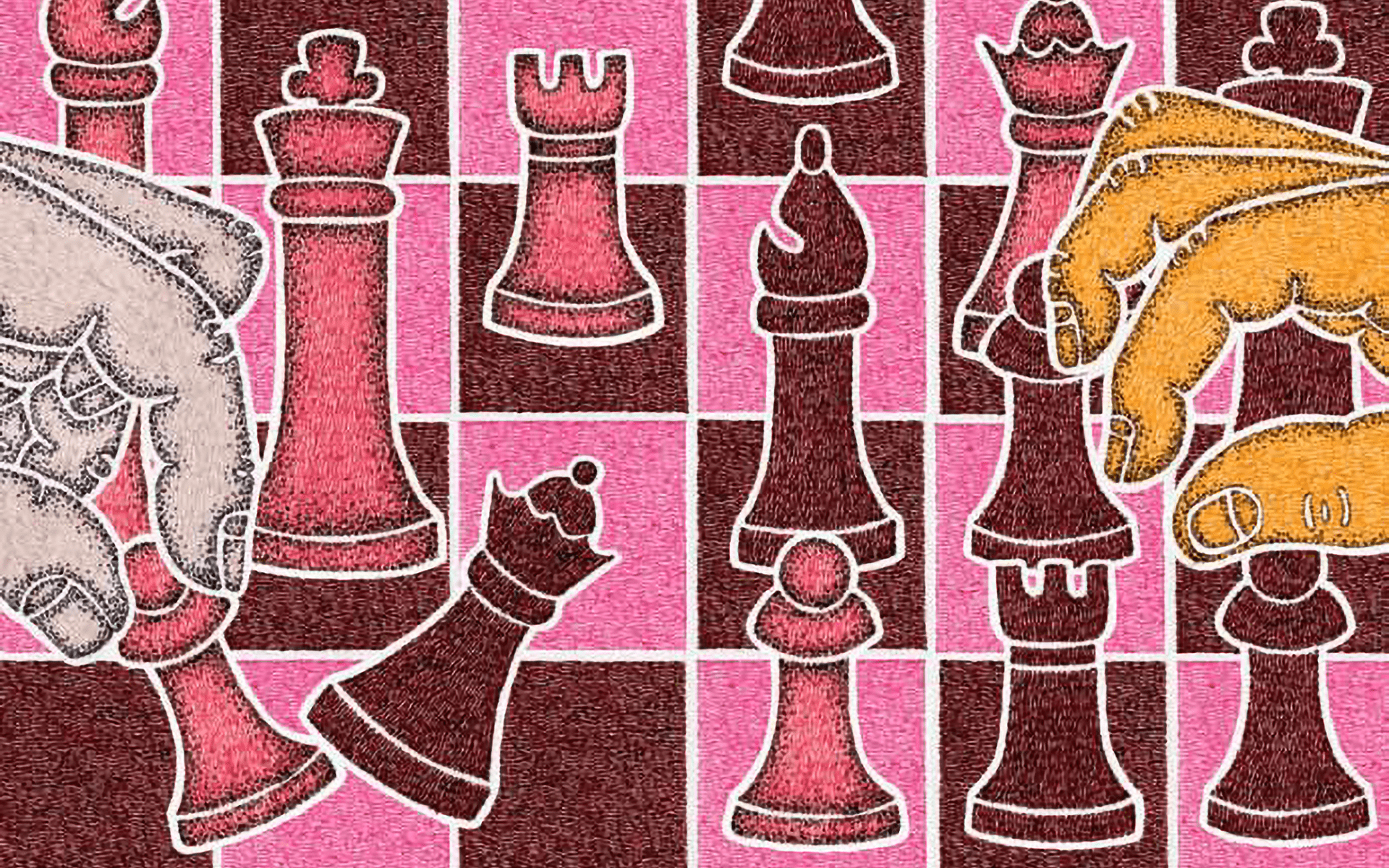Do you think of abilities as mostly:
A Innate or B developed?
If you answered:
A Your mindset may more often be fixed—making you reluctant to take on new challenges.
B You may approach things from a growth mindset more often—which helps in handling setbacks.
Carol Dweck, a psychology professor and researcher at Stanford University, has been studying for decades how our mindsets influence our behavior. Her early studies showed that children start developing their mindset as a response to the praise they receive. When praised for intelligence or talent, people are prone to move toward the fixed theory (e.g., “I am smart”). If praised for effort or strategies, they tend to move toward growth (e.g., “I did that well”).
The good news? According to Dweck, loosening a fixed mindset is not so hard. First, learn to hear your internal voice, which may not be very positive, cautioning you about failure and being critical. Then, recognize that how you interpret those thoughts is up to you. Next, make it a habit to talk back to your fixed voice with a growth mindset—encouraging yourself to accept challenges and take chances. Lastly, act on it!
read more
What is the Best Mindfulness Practice for Your Myers-Briggs Personality?
How to use your personality traits to help you find a mindfulness practice that works for you.
Read More
Exploring Both Sides of the Brain-Mind Debate
Scientists insist on talking about the brain while the rest of us talk about the mind. Sharon Begley sizes up the two sides of the mind/brain conversation.
Read More
How Mindfulness Improves Strategic Thinking
Three ways mindfulness can help leaders—and their organizations—identify important ideas.
Read More









